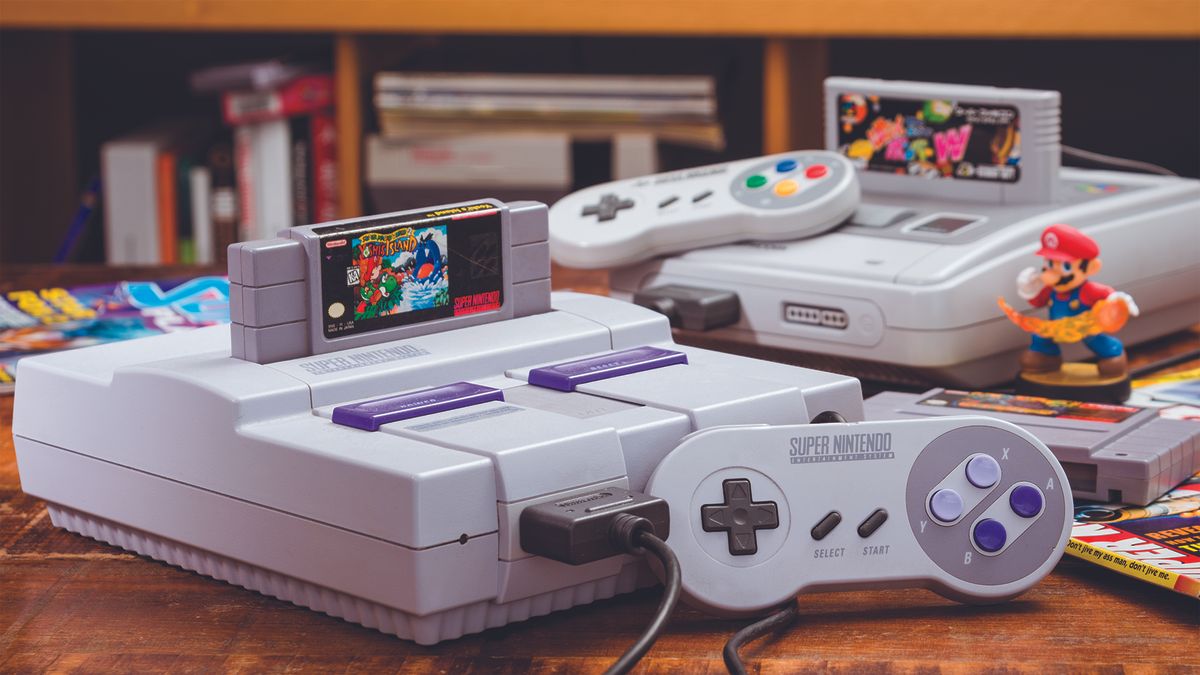- cross-posted to:
- retrogaming@lemmy.world
- games@sh.itjust.works
- gaming@beehaw.org
- cross-posted to:
- retrogaming@lemmy.world
- games@sh.itjust.works
- gaming@beehaw.org
A three-year fight to help support game preservation has come to a sad end today. The US copyright office has denied a request for a DMCA exemption that would allow libraries to remotely share digital access to preserved video games.
“For the past three years, the Video Game History Foundation has been supporting with the Software Preservation Network (SPN) on a petition to allow libraries and archives to remotely share digital access to out-of-print video games in their collections,” VGHF explains in its statement. “Under the current anti-circumvention rules in Section 1201 of the DMCA, libraries and archives are unable to break copy protection on games in order to make them remotely accessible to researchers.”
Essentially, this exemption would open up the possibility of a digital library where historians and researchers could ‘check out’ digital games that run through emulators. The VGHF argues that around 87% of all video games released in the US before 2010 are now out of print, and the only legal way to access those games now is through the occasionally exorbitant prices and often failing hardware that defines the retro gaming market.



What is DLC vs an expansion has become somewhat blurry. There was StarCraft BroodWar that was really an entire separate game to the point of launching them separately at the menu. Now things like Rimworld (which I play far too much of) have these expansion/plugins that add new mechanics and features but don’t create a separate game in their own right.
I actually read an article recently about 20 years of Oblivion horse armor or some such. They made an interesting point that a lot of the acceptance of micro buys came from online games letting you show off your new gear to the masses.
Yeah, in some ways I think playable content vs cosmetics is a more functional distinction than DLC (or MTX) vs expansions. The big thing that changed is that games now will sell you visual items for bragging rights, rather than stuff for you to play.
I would suggest that not buying those is a good idea, but clearly a bunch of teens and rich people disagree with me on that one.